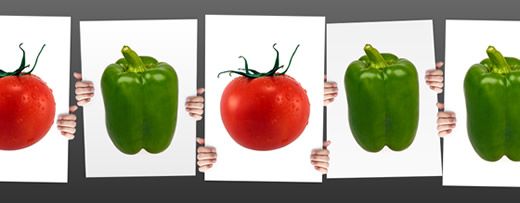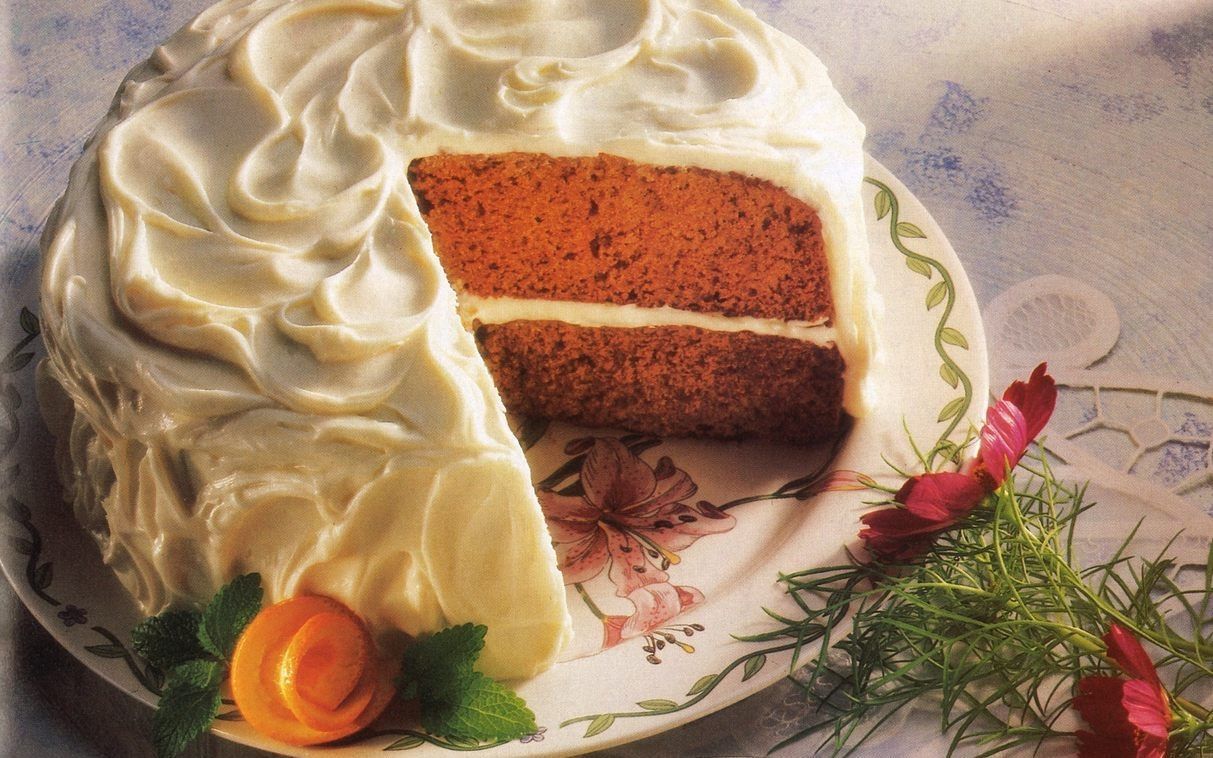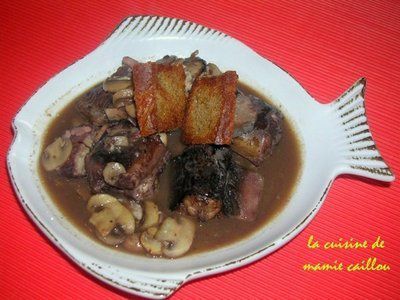Your 6 October food & drink takeaways
The “Surrealist teacup that stirred the art world”, soup to soothe opera-singing voices and a remarkable journey to the heart (and heat) of Italian cooking.
Just some of food & drink related delights that 6 October brings to the table.
Click on the links for extra helpings.
A curated taster menu of every day’s food & drink associations
Food art of the day
Swiss Surrealist painter and sculptor Meret Oppenheim – born on this day in 1913 – sent the art world into a tizzy when she made the inspired decision to wrap a teacup, saucer and spoon in fur {header photo}.
The resulting work, Luncheon in Fur, was chosen by André Breton, the founder of surrealism, to be displayed at the first surrealist exhibition dedicated to objects that year. And it became the talking point of the show – in fact, "the receptacle of all kinds of theories, fears and longings," according to this fascinating background feature by Nina Martyris on the NPR website.
"Part of the sculpture's appeal lay in the conversation that led to its creation," she reveals. "Oppenheim met her friends Pablo Picasso and his new lover, Dora Maar, at the Café de Flore, the modish Paris coffeehouse that was a regular haunt of artists. . . Picasso commented on Oppenheim's bracelet – a broad round brass cuff wrapped in ocelot fur that she had designed the previous year for Schiaparelli. Picasso remarked that one could cover anything with fur. "Even this plate and this cup here," Oppenheim replied. Then, when she found that her tea was cooling, she jokingly asked the waiter for "un peu plus de fourrure" — or "a little more fur" — to swaddle her cup.
"Shortly afterward, Oppenheim went to the department store in what would become the most famous shopping trip of her career."
Food and drink birthdays

1820
Better known as Jenny Lind, a Swedish opera singer, she is one of the select figures from history to have had dishes named after her.
"Jenny Lind's soup is a soup named for popular 19th-century singer Jenny Lind. She is supposed to have used this soup to soothe her chest and found it to be beneficial to her voice before performances."
According to the extraordinary Soupsong site, the finished dish looks "decidedly like wall paper paste -- and it's just plain odd to have plain whipped egg white on top" but their overall verdict of the recipe is "Savory, pleasantly thick."
1971
German chef, gained widespread recognition as head chef of Victor's Fine Dining by Christian Bau, in the Saarland region of Germany, earning three Michelin stars
Food in writing
American journalist and author, Bill Buford – born on this day in 1954 – was a highly acclaimed writer and editor at the New Yorker magazine when he decided to leave for a most unlikely destination: the kitchen at Babbo, one of New York City’s most popular and revolutionary Italian restaurants. Naturally, he documented his experiences.
"Heat: An Amateur’s Adventures as Kitchen Slave, Line Cook, Pasta-Maker and Apprentice to a Dante-Quoting Butcher is the chronicle—sharp, funny, wonderfully exuberant—of his time spent as Batali’s “slave” and of his far-flung apprenticeships with culinary masters in Italy.
"Buford takes us to the restaurant in a remote Appennine village where Batali first apprenticed in Italy and where Buford learns the intricacies of handmade pasta . . . the hill town in Chianti where he is tutored in the art of butchery by Italy’s most famous butcher, a man who insists that his meat is an expression of the Italian soul . . . to London, where he is instructed in the preparation of game by Marco Pierre White, one of England’s most celebrated (or perhaps notorious) chefs"









